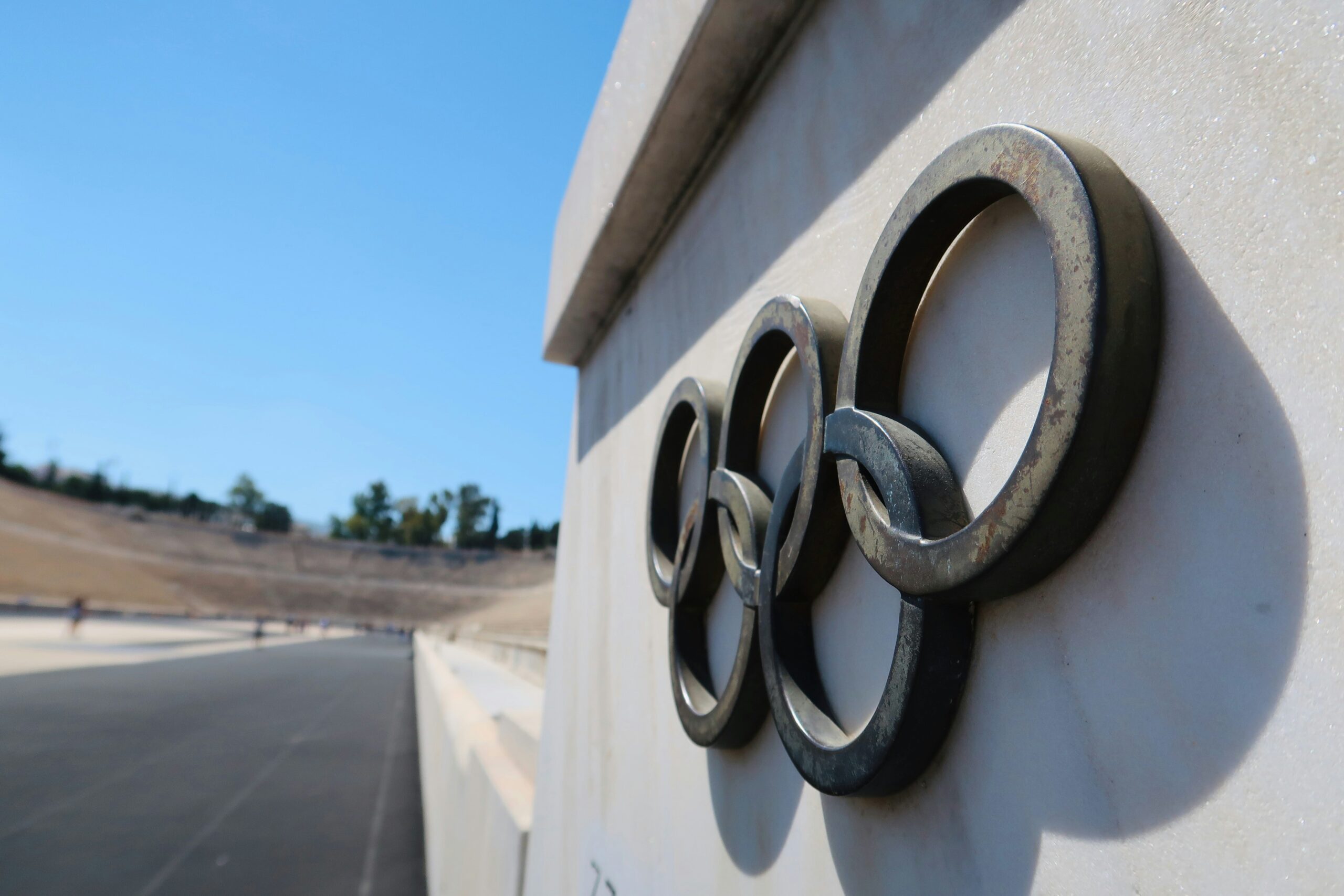
In a historic shift for the Olympic Games, the Los Angeles 2028 organizing committee (LA28) has announced plans to sell naming rights for several of its venues. This move, expected to generate multimillion-dollar revenues, represents a departure from the long-standing International Olympic Committee (IOC) policy that has traditionally kept commercial branding away from Olympic venues.
Key Facts
- The LA28 organizing committee has already secured deals with founding partners such as Honda and Comcast.
- Honda will hold naming rights for the Anaheim arena hosting volleyball, while Comcast will name the temporary venue for squash.
- This initiative is part of a broader strategy to meet the $6.9 billion budget set for the Games, without relying on government funding.
- Up to 19 temporary venues could potentially feature commercial naming, pending agreements.
Background
The decision by LA28 to sell venue naming rights is part of a larger effort to financially sustain the Games independently. Unlike many previous Olympic hosts, Los Angeles is managing the event without direct government financial support. This approach necessitates innovative funding strategies, including this unprecedented move to allow commercial naming of venues. The city’s history with the Olympics, having hosted the Games in 1932 and 1984, adds a layer of significance to this modern adaptation.
Official Reactions
Casey Wasserman, chairman and CEO of LA28, emphasized the necessity of this new revenue stream. In an interview with The Associated Press, Wasserman highlighted the distinct financial model of the LA Games. He explained the importance of pushing boundaries to ensure financial viability, given the absence of governmental backing. Furthermore, Wasserman discussed with IOC members the relevance of venue naming within the U.S. sports context, citing examples like the Crypto.com Arena, which Americans commonly recognize by its sponsored name rather than its geographical description.
What’s Next
The introduction of naming rights for Olympic venues is just one of several changes LA28 is implementing. In addition to financial innovations, the Games will also see scheduling shifts, with track and field events set for the opening week and swimming competitions slated for the final days. These adjustments, along with the integration of newer sports like flag football, underscore Los Angeles’s role in transforming the Olympic landscape. As the 2028 Games approach, further details about venue naming rights and other partnerships are expected to be finalized, setting precedents for future Olympic hosting models.
With these changes, LA28 not only aims to meet its budgetary goals but also to refresh the Olympic brand, much like it did during the 1984 Games. The strategy reflects a broader trend of adaptation and innovation within the global sporting community, adapting to modern commercial realities while preserving the spirit of the competition.


